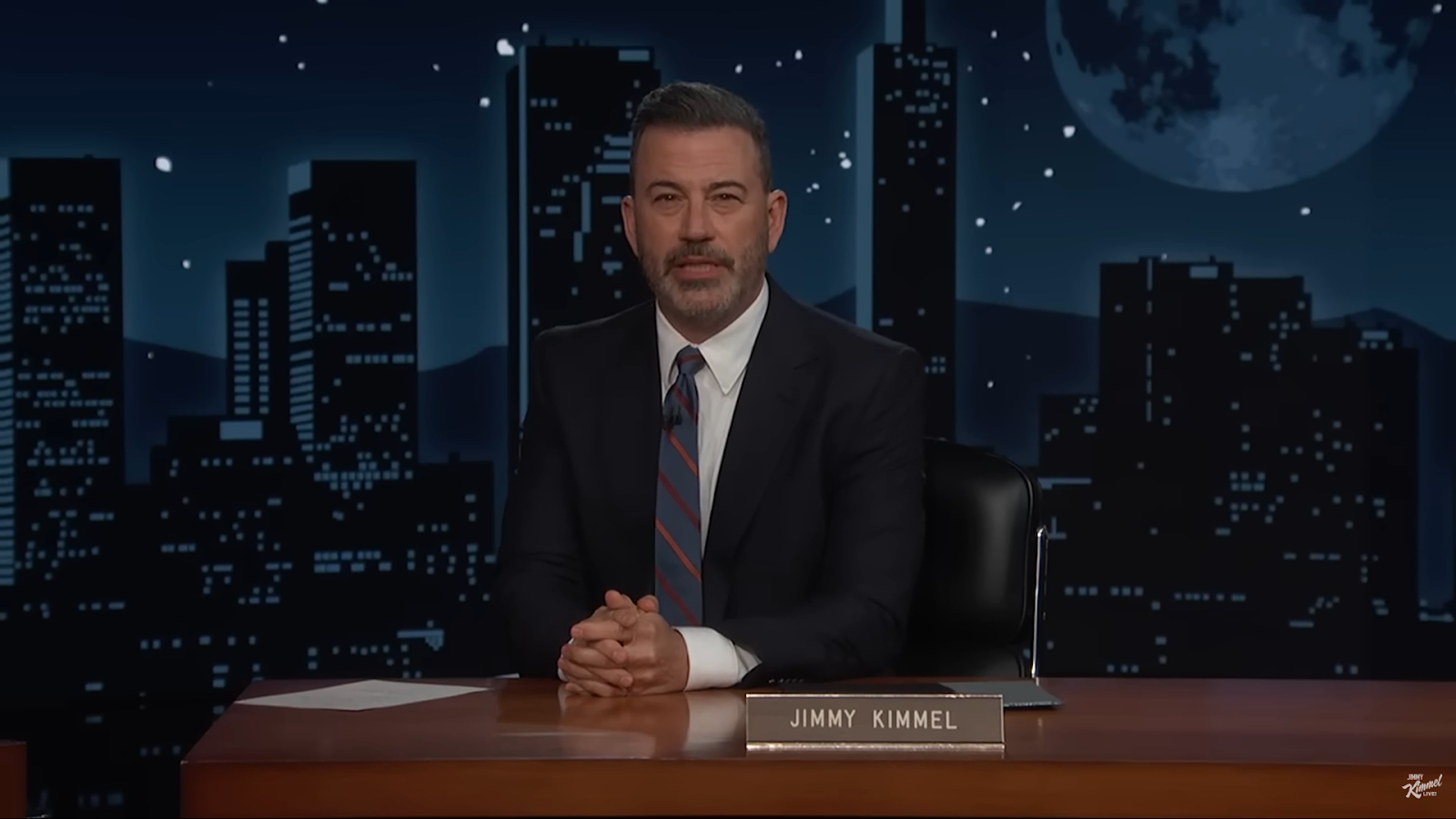Jimmy Kimmel was suspended from his late-night television show, "Jimmy Kimmel Live," on Wednesday night after making controversial remarks regarding the assassination of conservative commentator Charlie Kirk. The decision has sparked significant backlash from various figures within the Democratic Party and the entertainment industry.
Explainer Charlie Kirk Overview
Following the suspension, CNN host Jake Tapper released a video addressing the situation, suggesting that Kimmel's cancellation was influenced by financial motives tied to the Federal Communications Commission (FCC) and a desire to appease the Trump administration. Tapper stated, "While there are no doubt people who are legitimately offended by what Kimmel said, there is also a lot of money to be made and there are also a lot of people who want to endear themselves to the FCC commissioner and President Trump."
Actor Patton Oswalt also expressed his discontent through a video, claiming that people need to unite against what he described as an "ancient evil." He remarked, "I meet people every day, every weekend, doing comedy, and I know, I know, I know this is not what they voted for."
The reactions from Tapper and Oswalt are part of a broader trend of outrage among left-leaning commentators and politicians regarding Kimmel's suspension. Critics argue that this response highlights a disparity in concern for free speech, particularly when compared to the silence surrounding Kirk's assassination.
Many observers have noted that the intensity of the reactions to Kimmel's suspension contrasts sharply with the lack of similar outrage over Kirk's death, which was allegedly perpetrated by an individual with extremist views. This discrepancy raises questions about the priorities of those in the entertainment and political spheres.
Shawn Fleetwood, a staff writer for The Federalist, pointed out that the reactions from leftist figures suggest a greater concern for the fate of a television host than for the life of a conservative commentator. He argued that this reflects a broader pattern of behavior among some in the Democratic Party, who may prioritize maintaining power over addressing issues of political violence.
The situation continues to unfold as more individuals weigh in on the implications of Kimmel's suspension and the broader context of political discourse in America. As the debate progresses, it remains to be seen how this incident will impact public perceptions of free speech and accountability in the media.
Fleetwood's commentary emphasizes the ongoing tensions between different political factions and the complexities of public reactions to incidents involving free speech and violence in the current political climate.
Why it matters
- Kimmel's suspension highlights tensions in free speech debates, especially regarding political commentary.
- The backlash from Democrats and entertainers underscores a divide in responses to political violence and media accountability.
- Critics argue the outrage over Kimmel's remarks contrasts sharply with the muted response to Kirk's assassination, raising questions about priorities.
What’s next
- Watch for potential public protests or statements from free speech advocates in response to Kimmel's suspension.
- Monitor upcoming discussions in media and political circles regarding the implications for free speech and accountability.

